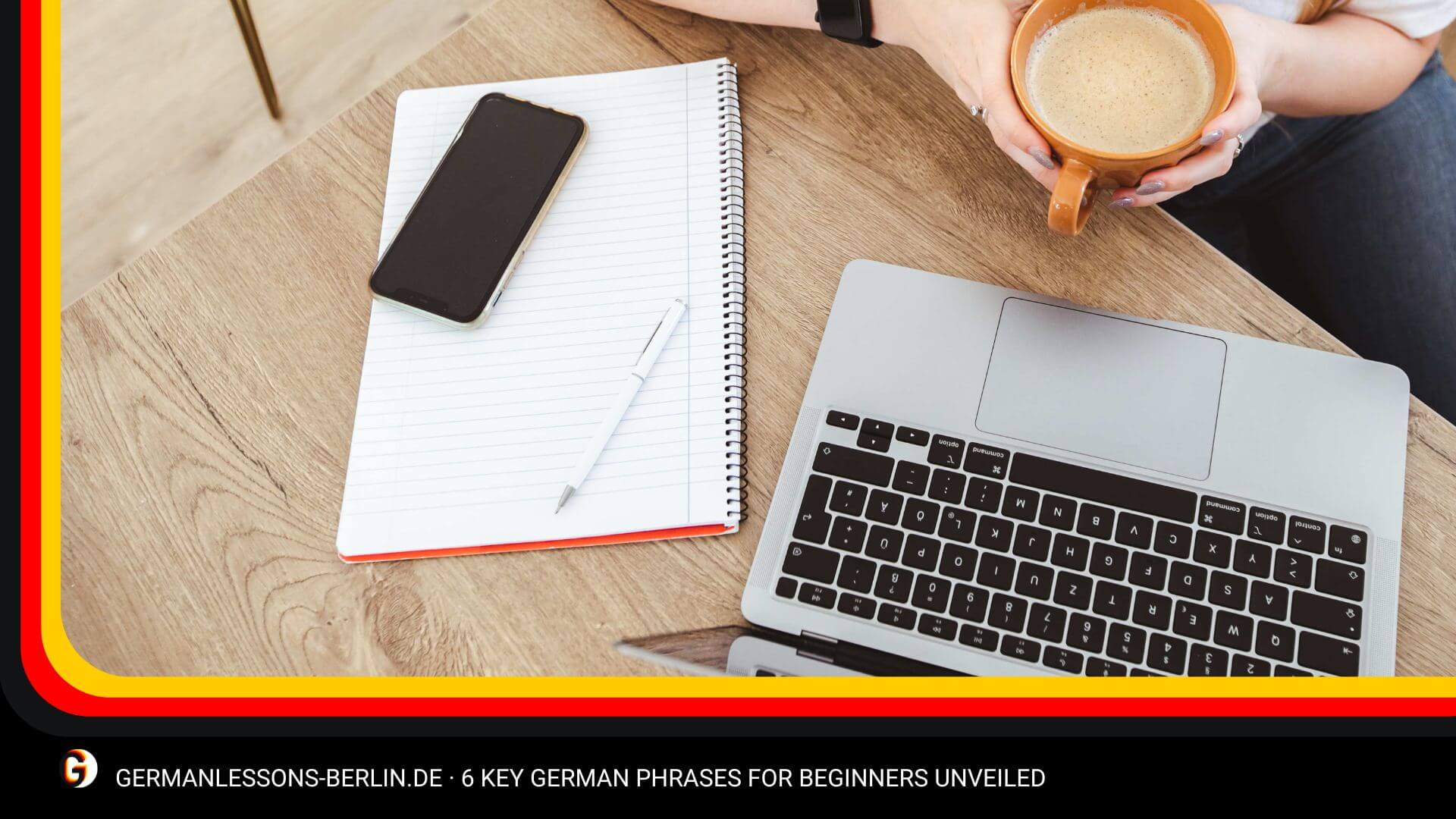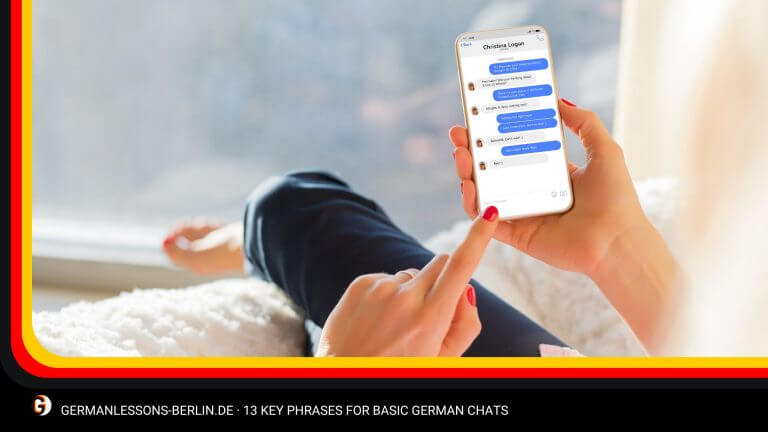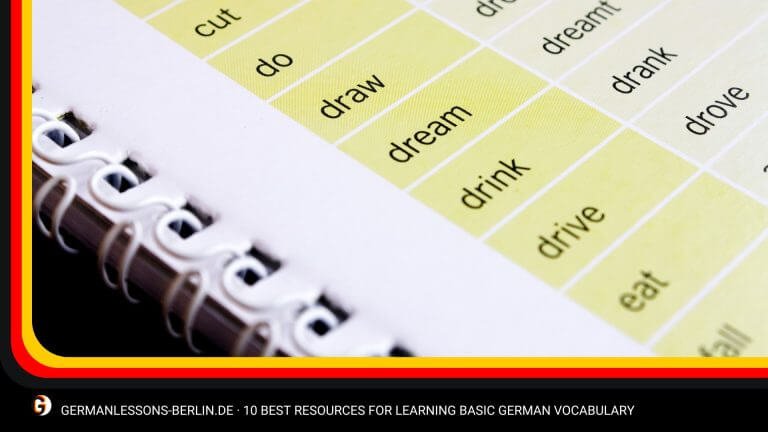I’m stoked to peel back the curtain on six German phrases that’ll kickstart your language journey. We’ll keep it short and sweet, focusing on essentials to get you chatting ASAP. Whether you’re eyeing a German adventure or just spicing up your skill set, these nuggets of linguistic gold are your ticket in. So buckle up, friends, ’cause we’re about to dive headfirst into the heart of German conversation. Let the unraveling begin!
Table of Contents
Key Takeaways
- “Hallo!” means “Hello!”
- “Bitte” means “please”
- “Können Sie mir helfen?” means “Can you help me?”
- “Ich möchte das kaufen” means “I would like to buy this”
Greetings and Salutations
Starting with greetings and salutations, I’ll guide you through some fundamental German phrases that are essential for any beginner. First off, you’ll want to know “Hallo!” which means “Hello!” It’s the bread and butter of daily interactions. When the day is young, “Guten Morgen” – “Good morning” – shows respect and cheer. As the sun climbs, switch to “Guten Tag,” the German “Good day.” As dusk falls, “Guten Abend” – “Good evening” – is your go-to.
Meeting someone for the first time? “Freut mich, Sie kennenzulernen” or the informal “Freut mich, dich kennenzulernen” which translates to “Pleased to meet you” breaks the ice. And when it’s time to part ways, a warm “Auf Wiedersehen” – “Goodbye” – wraps up any encounter neatly.
Essential Courtesy Phrases
After covering basic greetings, I’ll now delve into the essential courtesy phrases that are indispensable in polite German conversation. A simple “Bitte” (please) and “Danke” (thank you) can go a long way in showing respect. Don’t forget “Entschuldigung” (excuse me) when navigating crowded spaces or seeking attention. If you’ve received a favor, “Vielen Dank” (many thanks) is a warmer way to express your gratitude. To be extra polite, you can say “Es tut mir leid” (I’m sorry) when you’ve made a mistake or need to apologize.
Now that we’ve looked at these key polite expressions, let’s transition to how you can ask for help when you need it in your German interactions.
Asking for Help
Moving on to another crucial aspect of basic German communication, I’ll show you how to ask for help with phrases that could prove indispensable during your travels or early language learning stages. Whether you’re navigating the streets of Berlin or trying to decipher a menu in Munich, knowing how to request assistance politely is essential.
Here’s a quick list of key phrases:
- Können Sie mir helfen? – Can you help me?
- Ich habe mich verlaufen. – I’m lost.
- Ich verstehe das nicht. – I don’t understand this.
- Sprechen Sie Englisch? – Do you speak English?
With these phrases at the ready, I’m better equipped to handle unexpected situations and communicate my needs effectively. They’re simple yet powerful tools in my beginner’s German toolkit.
Making Purchases
When I’m out shopping in Germany, grasping a few basic phrases can make the process smoother and more enjoyable. I always start with a polite “Guten Tag” (Good day) to greet the shop staff. When I find something I’m interested in, I ask “Was kostet das?” (How much does this cost?) to inquire about the price. If I need a different size or color, I say “Haben Sie das in einer anderen Größe/Farbe?” (Do you have this in another size/color?). Once I’m ready to buy, I head to the checkout and say “Ich möchte das kaufen” (I would like to buy this). If I’m paying with cash, I might ask “Kann ich bar zahlen?” (Can I pay in cash?). After the purchase, it’s polite to say “Danke” (Thank you) and “Auf Wiedersehen” (Goodbye).
Dining Out Basics
I’ve found that knowing five essential phrases can transform a simple meal out in Germany into a delightful cultural experience. When I sit down at a restaurant, I make sure to have these key expressions at the tip of my tongue:
- “Eine Speisekarte, bitte” – “A menu, please.”
- “Ich hätte gerne…” – “I would like…”
- “Was empfehlen Sie?” – “What do you recommend?”
- “Die Rechnung, bitte” – “The bill, please.”
These phrases not only help me order food and get recommendations but also show respect for the local culture. I’ve noticed that when I use them, the staff tends to be friendlier, and sometimes I even get a tip on a special dish not listed on the menu.
Frequently Asked Questions
How Do I Express Feelings or Emotions in German, Such as Happiness or Sadness?
To express feelings in German, I use words like “glücklich” for happy and “traurig” for sad. I’d say “Ich bin glücklich” when I’m pleased or “Ich bin traurig” if I’m feeling down. It’s not just about the words; I make sure my tone matches my emotions. When I’m excited, “Ich bin aufgeregt” really conveys that buzz. Learning these expressions has made sharing my feelings in German much easier!
What Are Some Common German Idiomatic Expressions That Beginners Should Be Aware Of?
I’ve come across some fascinating German idiomatic expressions that are great for beginners. “Den Nagel auf den Kopf treffen” means to hit the nail on the head, and “Daumen drücken” is the equivalent of keeping your fingers crossed. Knowing phrases like “Kopf hoch!” which encourages someone to keep their head up, really brings you closer to the heart of daily German conversation. They’re not just words; they’re a peek into the culture.
Can You Provide Guidance on Constructing Basic Sentences in German Involving Hobbies or Leisure Activities?
Absolutely, I’d love to help with that! When talking about hobbies in German, the structure is pretty straightforward. You’d typically start with “Ich” for “I,” followed by verbs like “spiele” for “play,” “lese” for “read,” or “höre” for “listen.” For example, “Ich spiele Fußball” means “I play soccer,” and “Ich höre Musik” translates to “I listen to music.” Just swap out the verbs and nouns to match your leisure activities!
Are There Specific Phrases or Vocabulary That Pertain to Discussing Weather and Seasons in German?
Yes, there are specific phrases in German to talk about the weather and seasons. I often use “Wie ist das Wetter?” to ask about the weather, and “Es ist warm/kalt” to comment on the temperature. Discussing seasons, I say “im Frühling” for spring, “im Sommer” for summer, “im Herbst” for autumn, and “im Winter” for winter. These phrases are quite handy and I’ve found them essential when conversing with native German speakers.
What Is the Etiquette for Initiating Small Talk in German, and Which Topics Are Considered Appropriate?
Initiating small talk in German, I’ve found it’s polite to start with a greeting like “Hallo” or “Guten Tag.” Safe topics include the weather, “Wie ist das Wetter?” or asking about their day, “Wie war dein Tag?” I steer clear of personal or controversial issues, sticking to light, general subjects. This approach tends to be well-received and lays the groundwork for a pleasant conversation.
Conclusion
And there you have it, my friends – the cornerstone phrases to ignite your German-speaking journey. Whether you’re exchanging greetings, expressing gratitude, seeking assistance, shopping, or dining, these expressions will serve as your trusty guide. Remember, every ‘bitte’ and ‘entschuldigung’ brings you closer to the heart of German culture. So dive in, practice relentlessly, and watch your confidence soar. Bis bald, and may your language adventures be as rewarding as they are enlightening!




